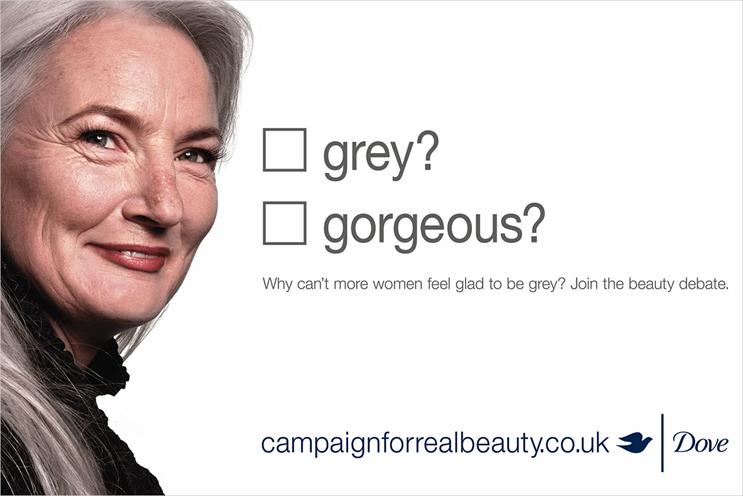
Spurred on by emerging technology, people are claiming greater ownership over their own bodies. That means brands must alter the way they interact with consumers, according to a new report from Havas Worldwide.
The report, published today, describes the implications of this shift for brands in the fashion, health and beauty sectors.
The report, which is based on an online survey of more than 10,000 adults in 28 markets, explores beauty standards, health behaviours and the impact of emerging technology.
It shows that overall, people have more positive relationships with their bodies than common wisdom might predict, and it identifies "beauty fatigue" over unrealistic representations of bodies.
This is a notion Dove has explored with its "Real Beauty" work, and it is gaining momentum with other brands.
Nearly three-quarters of respondents (69 per cent) said the world would be a happier place if we weren’t so obsessed with physical beauty. Meanwhile, 73 per cent of respondents said it worries them that beauty is more highly valued than what is "in our hearts and minds."
The survey found that 79 per cent of individuals surveyed globally believe Photoshopping celebrities to make them appear thinner or "perfect" is "harming society."
Brands in the fashion and beauty sectors are seeking shared values with consumers, Tim Maleeny, chief strategy officer, managing partner, Havas Worldwide NY, told ±±ľ©Čüłµpk10.
"Brands are looking for an emotional connection with consumers. Historically this relationship has been a lot more functional, but now brands have permission to look at it in a bigger context, playing into this sense of self," he said.
A recent example of this trend was Lane Bryant’s "I’m no angel" underwear ad, featuring plus-size models — a thinly veiled jab a Victoria’s Secret’s "Perfect Body" slogan.
Technology is playing a role in this shifting sense of self. The report shows that half (45 per cent) of US consumers favour devices that monitor "every aspect" of their physical health, with over a quarter (28 per cent) already using at least one digital app or device to monitor their health.
According to the report, people are wary of the "Big Brother" potential of embeddable tracking devices, particularly in the hands of insurance companies or employers.
Four in 10 respondents (43 per cent) said that they were concerned about the loss of privacy these devices would bring.
Maleeny said that society turns to technology as a panacea for solving its biggest challenges — in this case, consumers are turning to wearable tech to help them with their diets and lead more a healthier lifestyle.
In doing so they enter into a "Faustian bargain" in which they turn over data to companies in return for a service.
But there is a high drop-off rate with wearables; reports indicate six months after purchase. "People think the device will diet for them, or force them to go to bed early." Maleeny said. "Wearable tech is the new fad diet."
For brands in this space, they must "build utility" for consumers by contextualizing the greater huge volume of data health management and fitness apps produce, making it "actionable," said Maleeny. He pointed to Nike+ as a good example.
The report also found that these emerging technologies, like wearables, have opened an opportunity for brands in health, beauty and fitness to become partners with consumers.
Exercise is increasingly becoming about community, social currency, and shared experiences, as shown by the surge in popularity of almost cult-like fitness crazes such as Soul Cycle, Tough Mudder and Cross Fit.



.jpg)
.jpeg)
